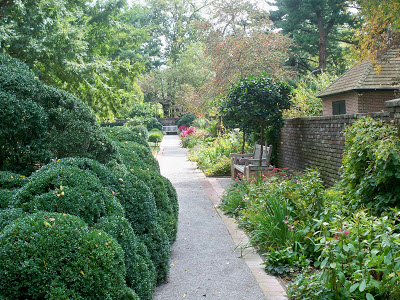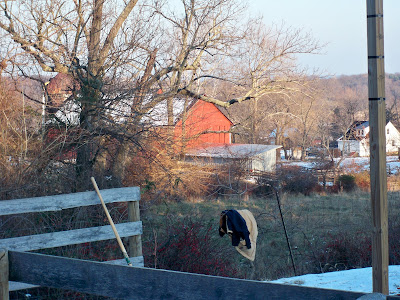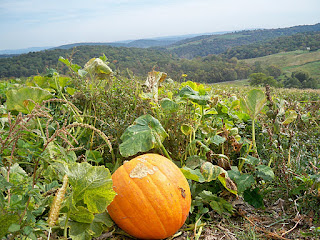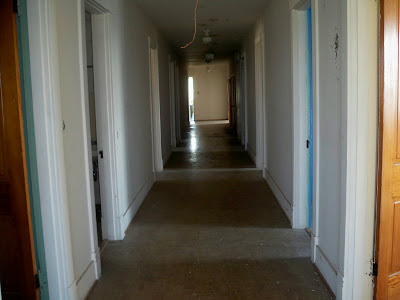Is Poetry Dead?
This morning’s Washington Post tipped me off to a literary kerfuffle that has recently been playing out in its pages and online. An op-ed by Alexandra Petri, “Is Poetry Dead?,” has 375 comments and counting. I didn’t read all of them — only enough to convince me that no, it is not!
Petri’s piece seems to have been inspired by Richard Blanco’s inaugural poem and the fact that Blanco “has overcome numerous obstacles, struggled against opposition both
internal and external — in order to excel in poetry, a field that may
very well be obsolete.”
Petri raises valid points, criticizing not just poetry and poets, but a culture that has turned poetry from a romantic, individual act to a heavily workshopped, grant-driven endeavor.
But she certainly touched a nerve.
With rants and reasoning, 375 people took the time to defend the art form, many of them in posts that used the art form itself.
“Poetry turns darkness into light,” wrote one.
Another quoted William Carlos Williams, from “Asphodel”:
It is difficult
to get the news from poems
yet men die miserably every day
for lack
of what is found there.




